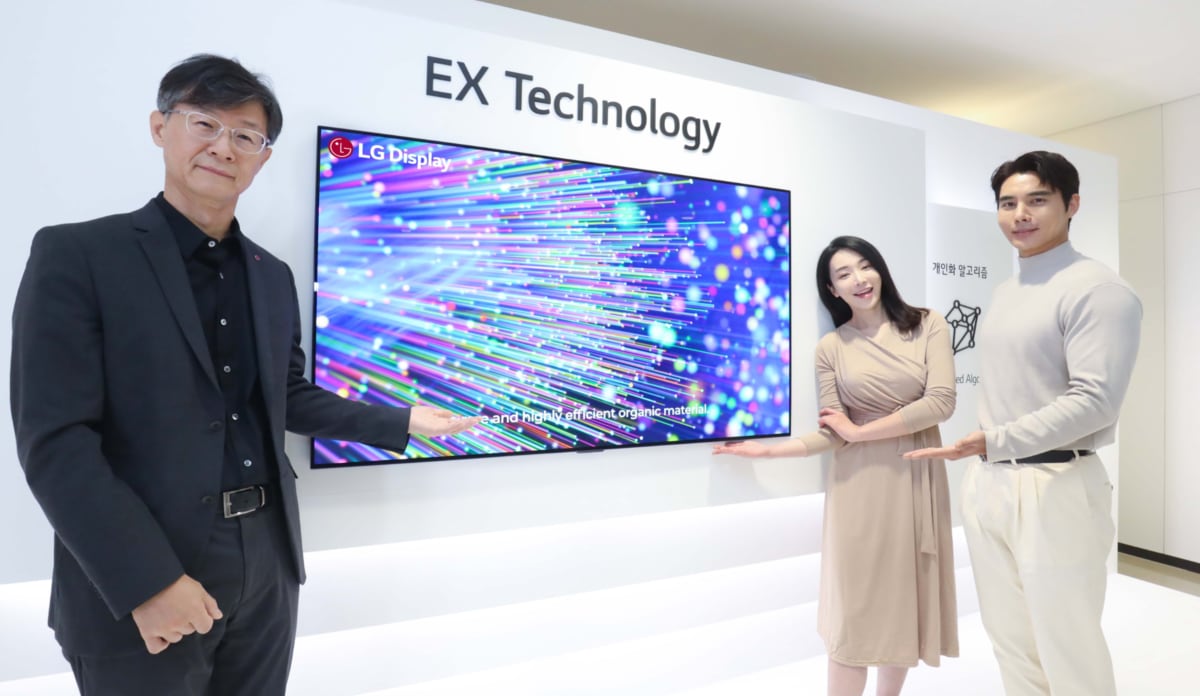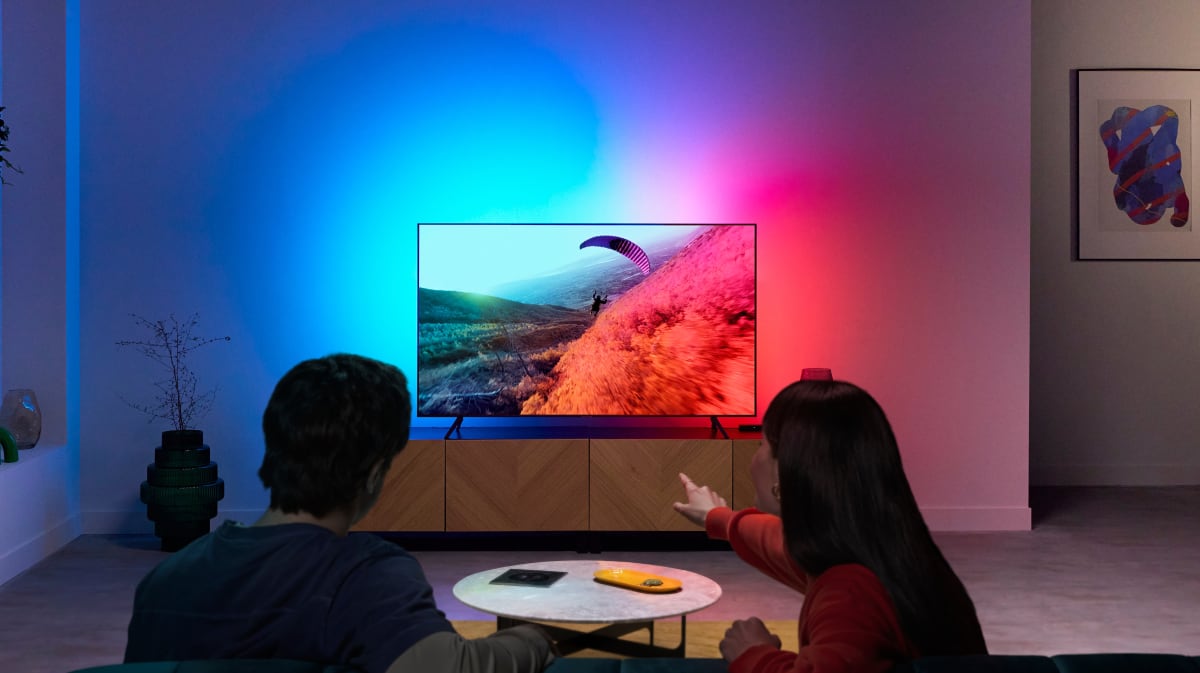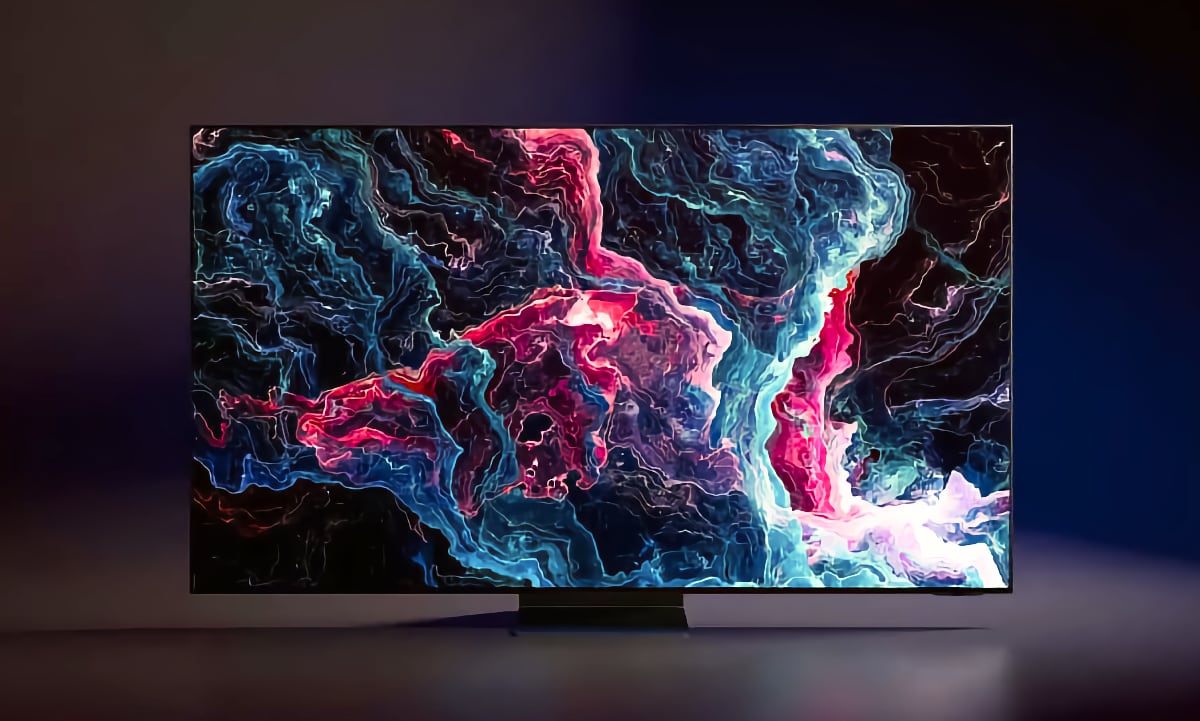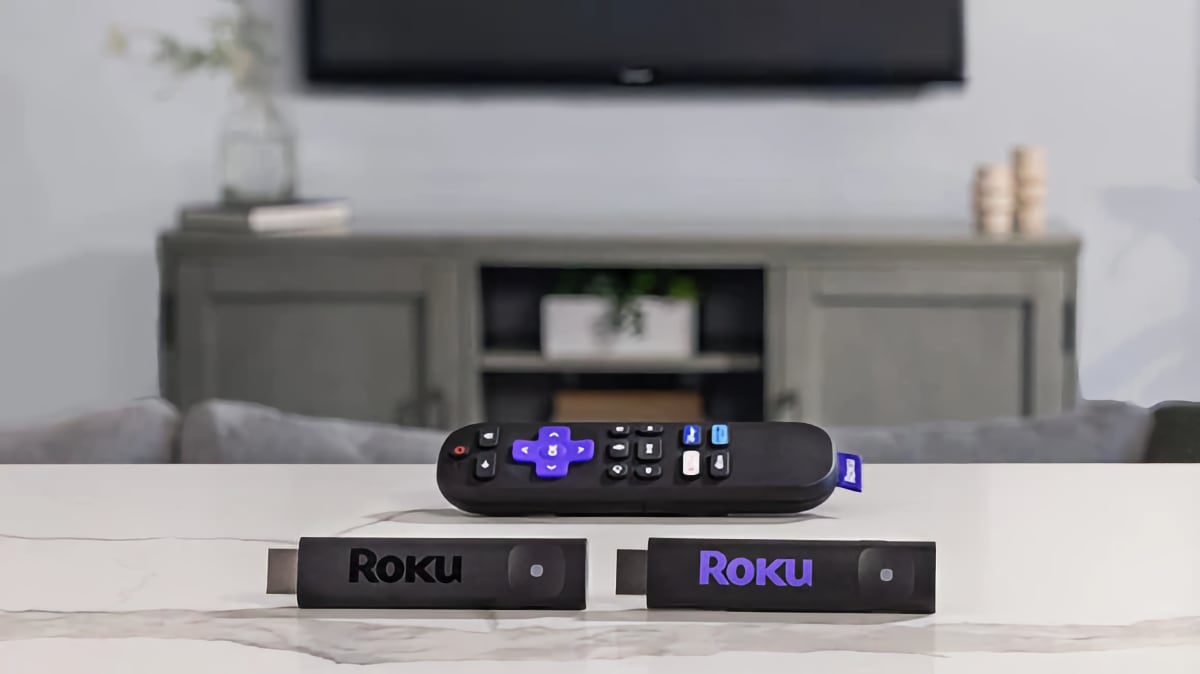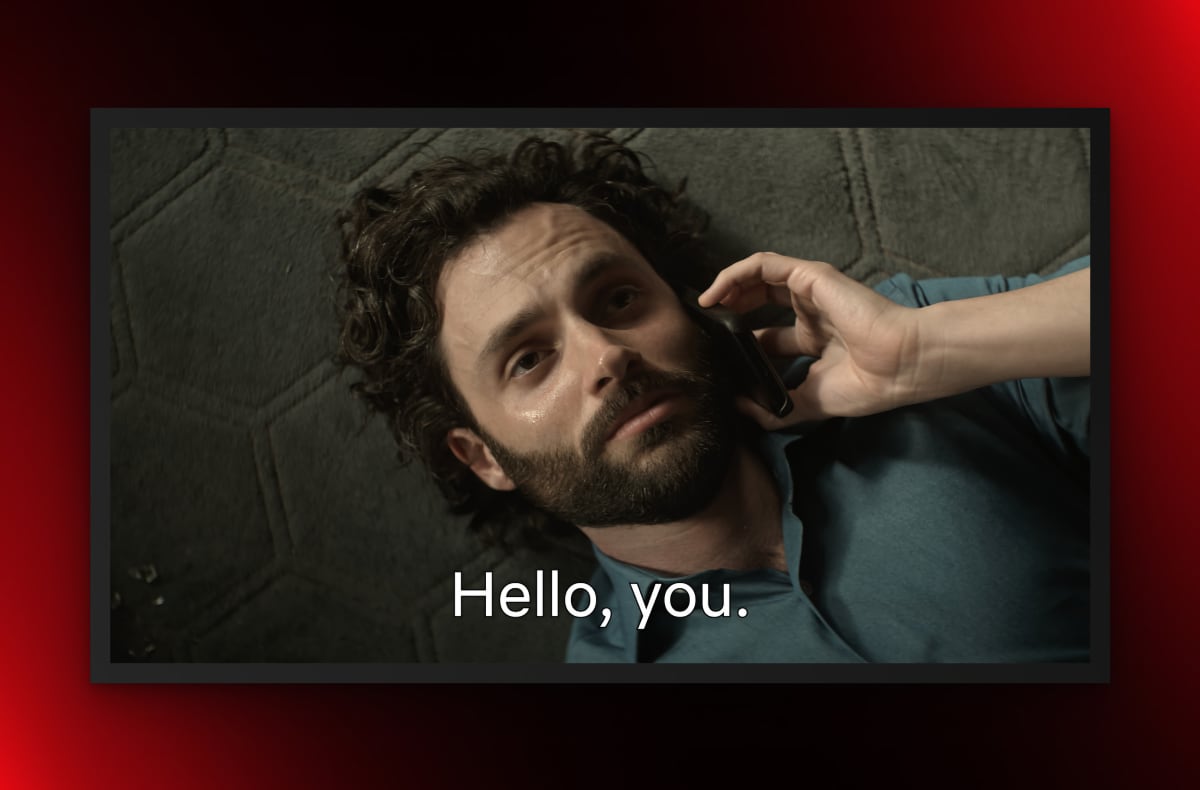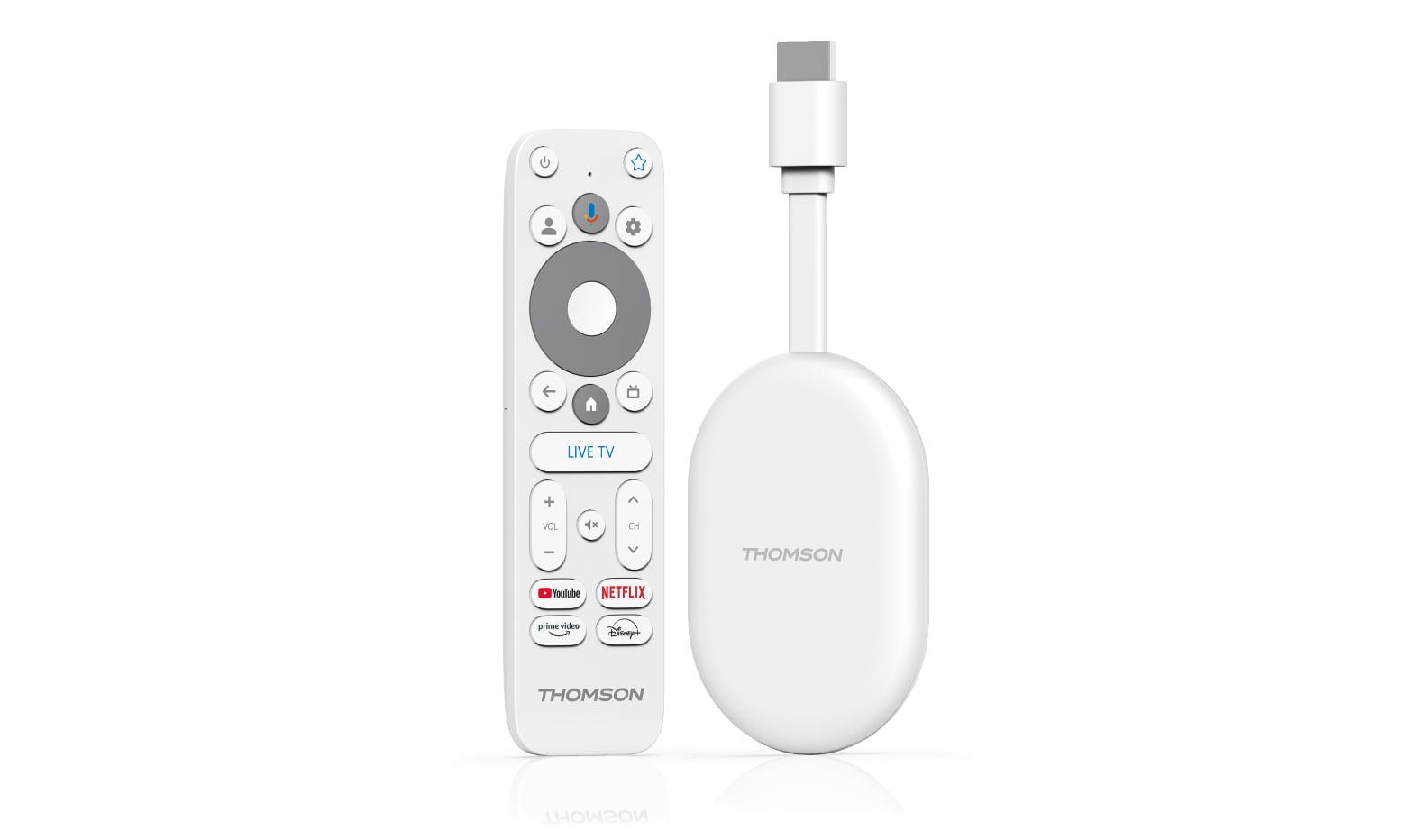LG Display views Samsung's introduction of QD-OLED as an opportunity for the OLED TV market to grow and considers both types of OLED better than miniLED, which is said to be bad for eye health.
OLED TV market to grow
LG Display is currently the sole supplier of OLED TV panels to all TV brands including Hisense, LG, Sony, Panasonic, Philips, and Vizio, but later in 2022 Samsung Display will introduce the first real alternative in the form of QD-OLED, which will be available in TVs from Samsung and Sony.
- "Welcome," LG Display's vice president Oh Chang-ho said in reference to Samsung's QD-OLED. "I have been doing OLED alone for 10 years, and now I have a partner. It will be an opportunity for the OLED market to grow and grow further."
The comments from the vice president of LG Display came during a presentation in South Korea of the new 'OLED EX' panel, as reported by Korean newspaper IT-Chosun.
He did not want to comment on the rumors that LG Display will supply Samsung Electronics with OLED TV panels later this year.
LG Display expects its annual OLED panel shipments to grow from 8 million last year to 10 million in 2022.
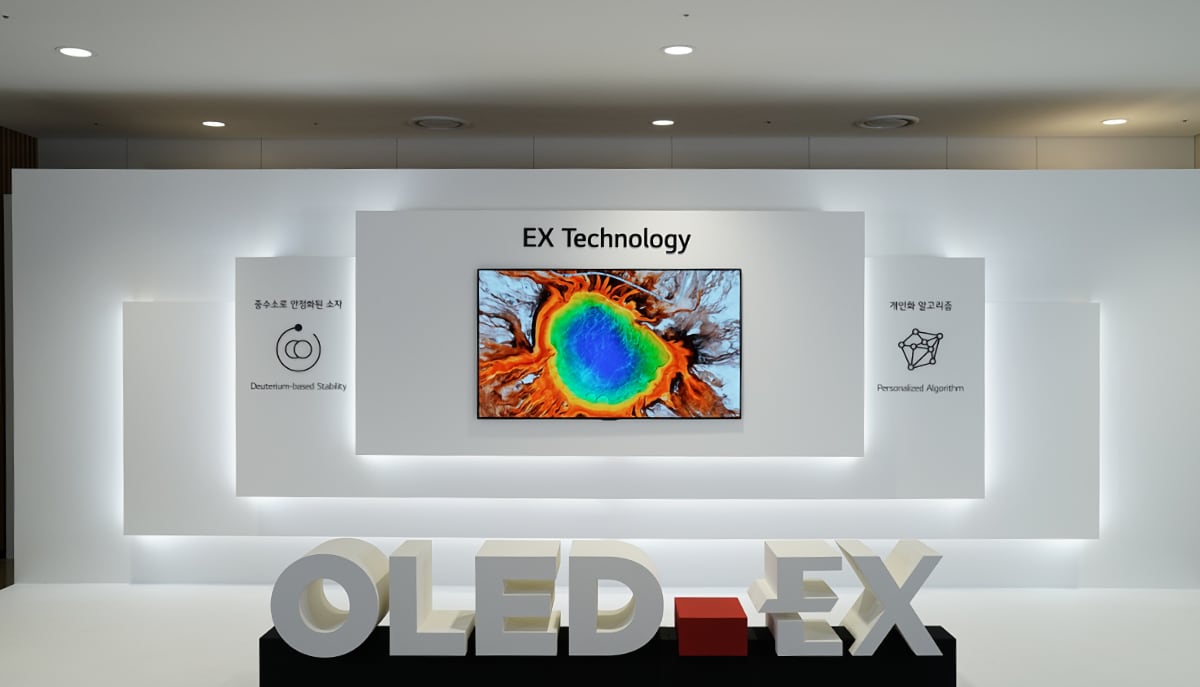
In 2022, LG Display will introduce OLED EX while Samsung Display will introduce QD-OLED
MiniLED is bad for eye health
LG Display's vice president also had some harsh words to say about miniLED, which is making its way into many LCD TVs including TCL LCD TVs and Samsung "Neo QLED" LCD TV – even high-end "QNED" LCD models from LG Electronics.
- "The brightness of an LCD panel using LEDs depends on how bright the backlight is," he said. "It is a device that deteriorates human eye health."
He did not elaborate on his position but it is possible that he is referring to flicker (due to PWM control) and excessive levels of blue light that some claim can damage the human eye.
As mentioned in FlatpanelsHD's review of Samsung's QN95A/QN90A with miniLED, "we experienced some eye strain after a long day in front of the TV", which we ascribed to the combination of always-on backlight scanning and PWM (Pulse Width Modulation) control of the miniLED backlight's luminance level.
Over the last couple of years, LG Display and LG Electronics have both promoted OLED as being more comfortable for the eyes compared to LED LCD. Independent testing institutions such as TÜV Rheinland have confirmed the claims with 'Eye Comfort' and other certifications.
Meanwhile, researchers from Taiwan's National Tsing-Hua University have repeatedly warned governments and consumers about the hazards of LEDs and excessive blue light.
- Source: IT-Chosun

